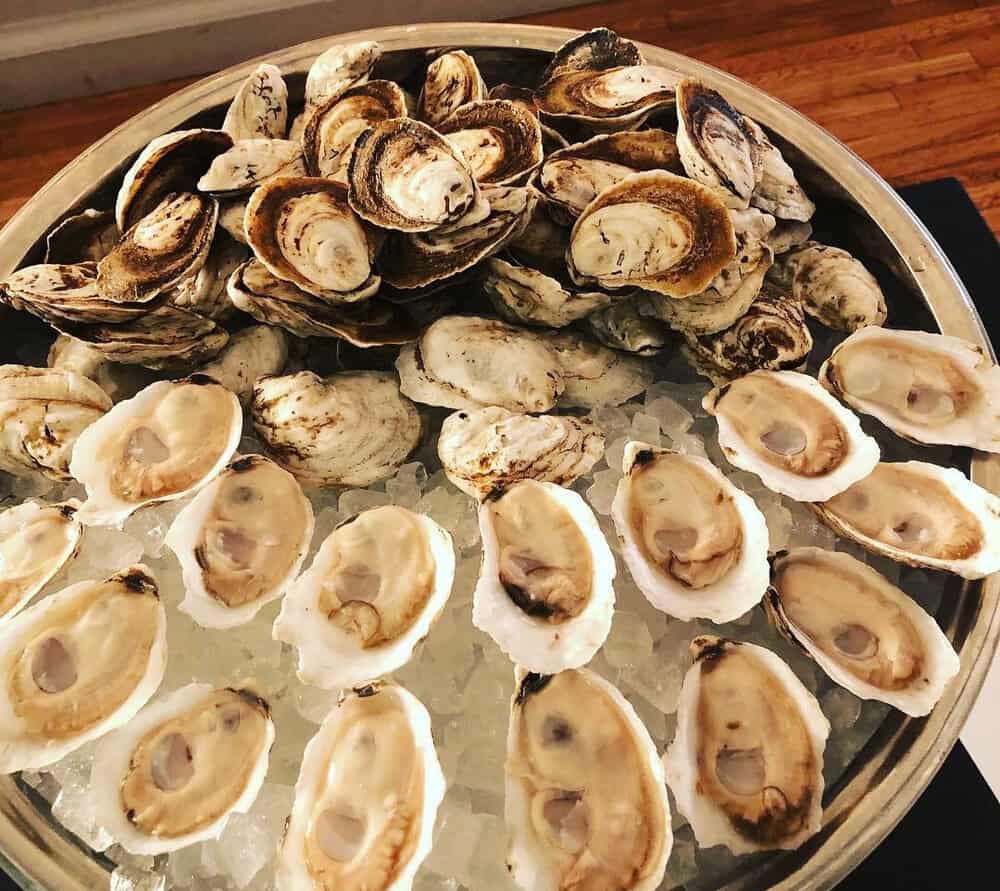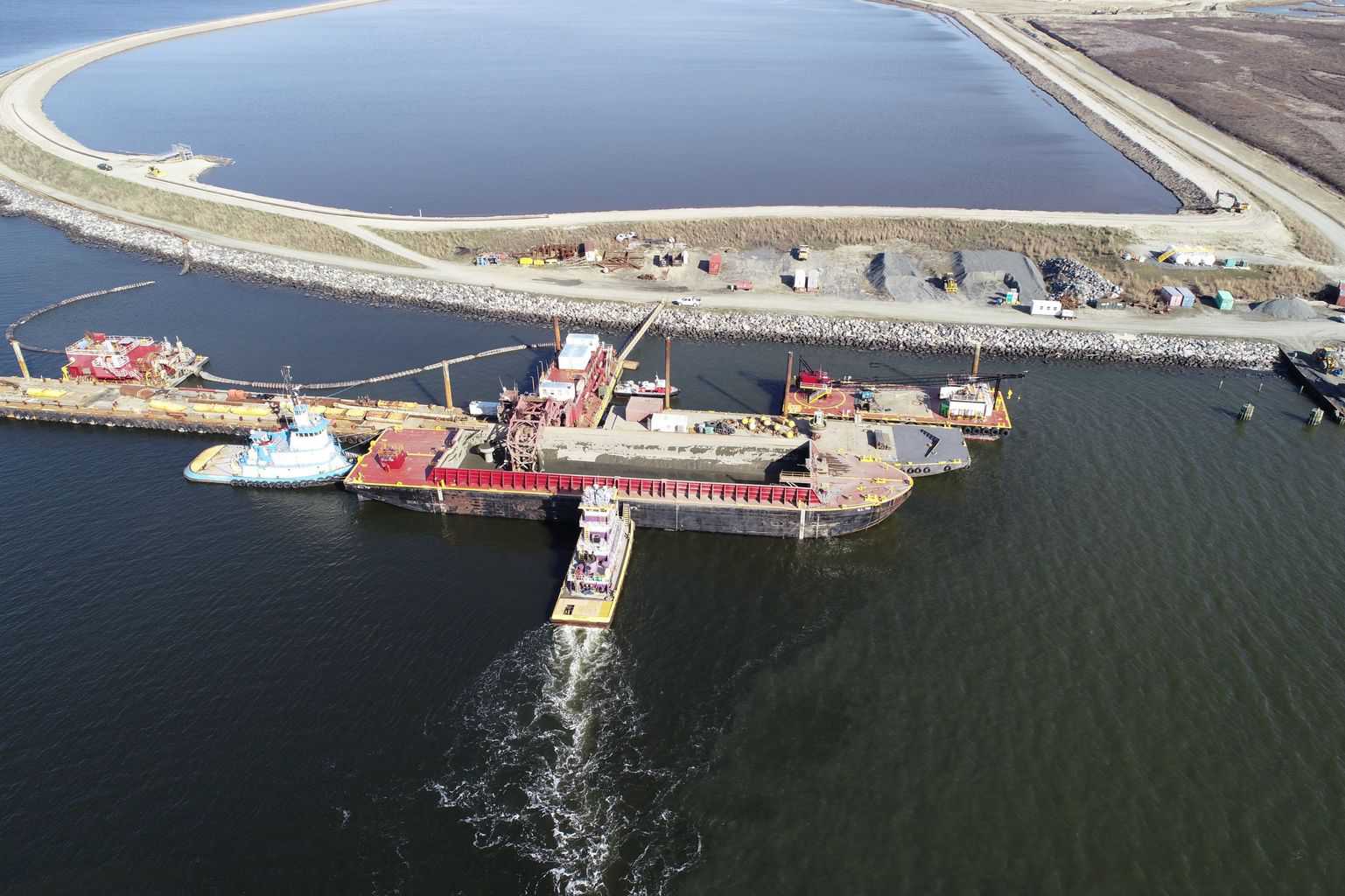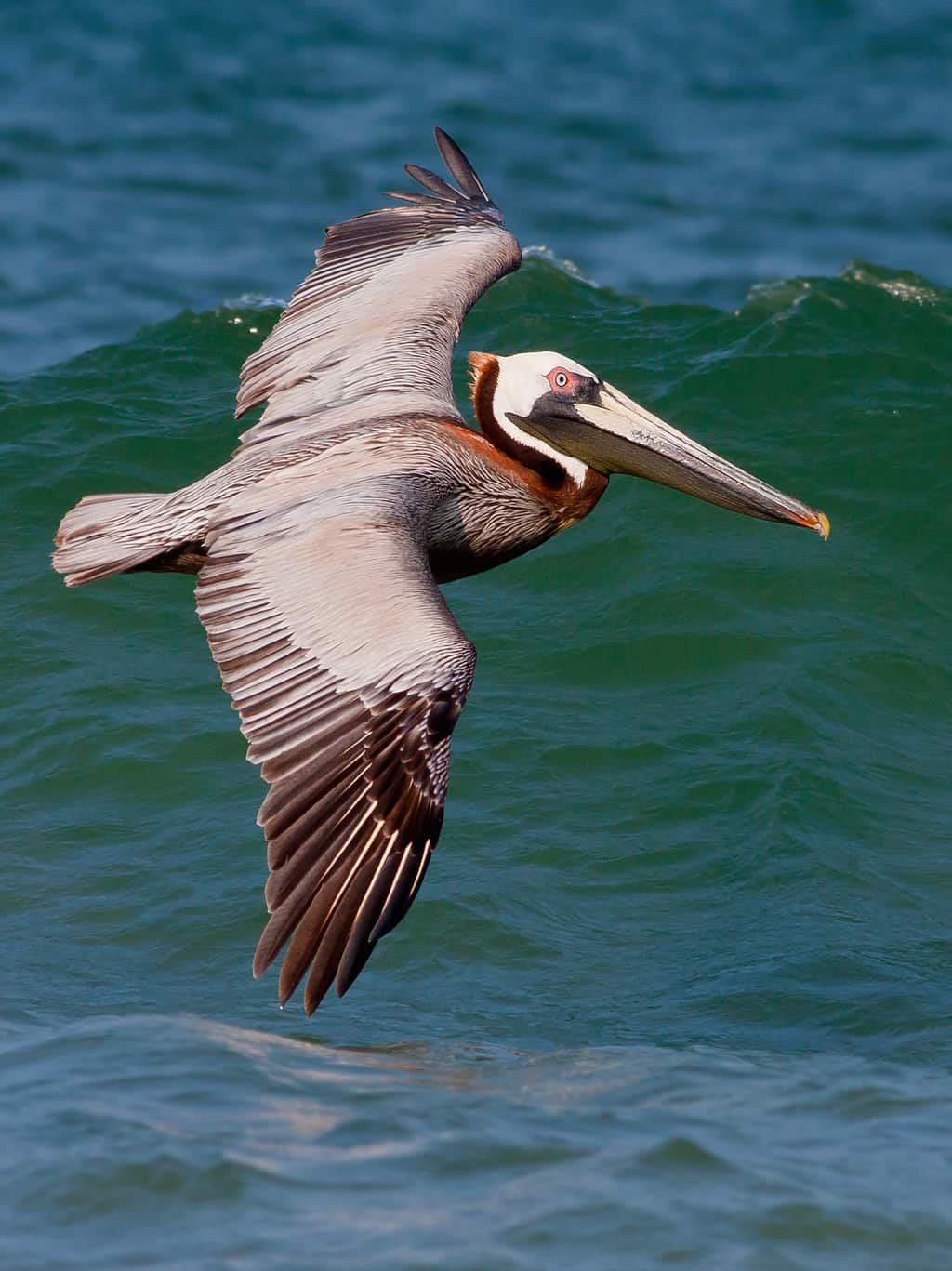It may be the future of offsetting nutrient pollution in the Chesapeake Bay. For the first time in Maryland, a municipal building and an oyster farming operation have made a nutrient credit trade.
The credit trade comes into play when a municipality or operation (a wastewater treatment plant, for example) must find ways to offset its nutrient pollution impact on the Bay. Maryland’s Water Quality Trading Program (WQT), launched in 2019, creates a public market for reducing nitrogen, phosphorous and sediment. The nutrient discharger can buy credits certified by the state Department of the Environment–putting that cash into improving water quality.
Last fall the Baltimore Convention Center, a municipal building that hosts national meetings and conventions, served oysters from Kent Island’s Orchard Point Oyster Co. at one of its events. While guests enjoyed the fresh-shucked oysters, the act of serving Bay oysters reduced the number of oysters remaining in the water to filter harmful nutrient pollution.
The solution to that unwanted negative effect on water quality? The Convention Center purchased four pounds of nutrient credits to offset the impact of removing those oysters from the water. Some of the proceeds from the purchased credits go back to Orchard Point Oyster Co., where they’ll be invested into the oyster operation. Ultimately, the funds will put more oysters back into the water where they can do the job of filtering out more pollution.
The rest of the proceeds from the credits go to Cambridge-based aquaculture company Blue Oyster Environmental, who brokered the deal. Blue Oyster and the Convention Center made the trade to demonstrate that oyster aquaculture is “a viable tool to mitigate nutrient discharge.”
“This trade is a major milestone for the aquaculture industry and the Water Quality Trading Program,” explains Blue Oyster CEO Jordan Shockley.
Shockley hopes the pioneering trade will show larger credit-buyers that oyster credits are an additional tool to help meet their pollution requirements.
It’s the first time that an oyster farm has been compensated for the ecological benefit their farms provide. Orchard Point Partner Scott Budden tells Bay Bulletin the value of the trade ($1,600 for four pounds of nitrogen) will allows his oyster farm to buy more oyster seed.
“Bottom line: nutrient trading will increase the number of farmed oysters on our farm and in the Bay,” says Budden.
The trade comes at a crucial time for Orchard Point, which–like all oyster operations–took a hit from pandemic-related closures. The Convention Center is happy to be part of the solution.
“By purchasing these credits, we are supporting a necessary part of maintaining the health of Maryland’s own Chesapeake Bay while also enjoying delicious local oysters provided by Orchard Point Oyster Co. It is important for us to ensure that our sustainability efforts have a direct environmental impact on our local region”, said Mac Campbell, Deputy Director of the Baltimore Convention Center.
The Convention Center will offer groups who use their space in the future the option to purchase nutrient credits to offset their event’s environmental footprint, too.
-Meg Walburn Viviano




